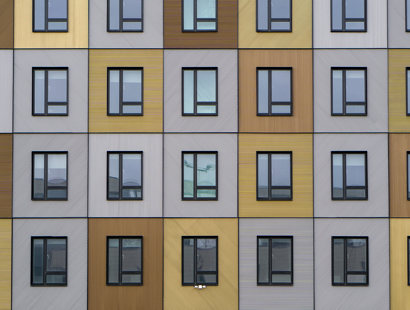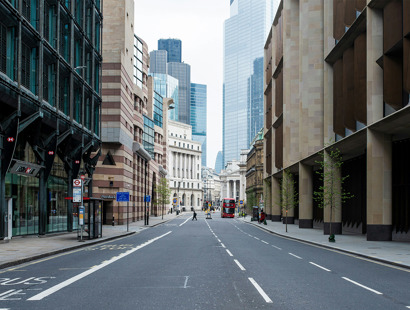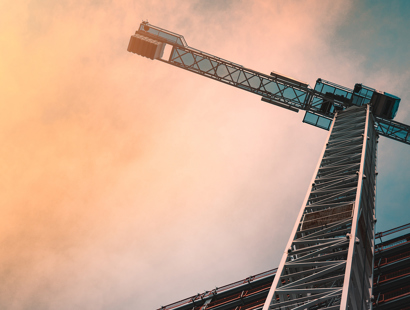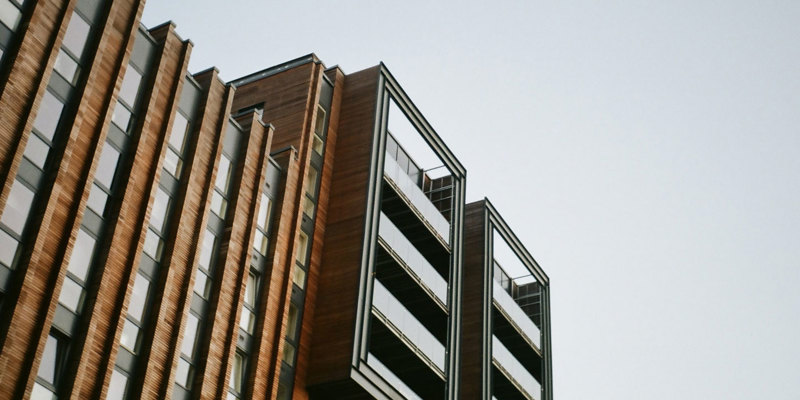
Freeholder and developer ordered to repay leaseholders' remediation costs under the Building Safety Act 2022
On 13 January 2023, the Property Chamber of the First-tier Tribunal delivered what is understood to be the first decision on leaseholder protections measures introduced by the Building Safety Act 2022 (BSA) in the case of Arjun Batish & Ors v Inspired Sutton Limited & Ors.
Whilst the case does not set a binding precedent, the decision provides an insight into the Tribunal’s likely approach for future cladding disputes. In particular, it sets out circumstances in which the Tribunal considered it “just and equitable” to make a Remediation Contribution Order against responsible landlords.
Key facts
The case concerned a high-rise building converted from an office block into residential flats in 2017 by the freeholder Inspired Sutton Limited. Although Inspired Sutton had intended to sell the freehold following completion, it was unable to do so.
Inspired Sutton and the leaseholders of the property knew the design and materials used in the construction of the building posed significant risks so remediation works were proposed.
On 27 September 2020, Inspired Sutton served on the leaseholders a Notice of Intention to carry out the remediation works pursuant to section 20 of the Landlord and Tenant Act 1985.
The proposed works included removal of all unsafe ACM (aluminium composite material) and HPL (high-pressured laminate) cladding and rendering of parts of the building’s façade and replacement or rectification of unsafe balconies, amongst other works.
On 3 March 2021, Inspired Sutton served a further notice informing leaseholders of the award of the contract for the remediation works. The notice also attached individual invoices for the works.
The total costs of the remediation works were in the region of £3.17 million, of which approximately £1.02 million related to cladding and around £387,000 related to balconies.
Subsequently, in August 2022, Mr Batish, together with the leaseholders of 14 other flats in the building applied for a Remediation Contribution Order under section 124 of the BSA against Inspired Sutton.
Mr Batish claimed that Inspired Sutton was responsible for the defects that caused a building safety risk and therefore no service charge for the remediation works was payable under paragraph 2 of Schedule 8 of the BSA.
Mr Batish also issued his application against Inspired Sutton’s directors and holding company, the latter was later removed as a party to these proceedings.
Decision
Inspired Sutton conceded at the outset that it had no defence to Mr Batish’s application. The Tribunal therefore made its determination without holding a hearing.
The Tribunal could only make the order if it considered it “just and equitable” to do so. To fulfil this condition, it needed to be satisfied that the leaseholders paid for the costs of the remediation works, which ought to have been met by Inspired Sutton.
The President of the Tribunal, Judge Siobhan McGrath and Judge Tim Powell were satisfied that:
- The property is detached and has at least 5 storeys so it is a relevant building as defined by the BSA;
- The remediation works relating to the cladding and the balconies were relevant defects because they constituted a risk to the safety of people in or around the building arising from the spread of fire;
- Inspired Sutton was the developer and the landlord to the lease at the qualifying time as defined by the BSA, namely, 14 February 2022, so the remediation costs are not to be regarded as relevant costs to be taken into account in calculating the amount of the service charge under paragraph 10 of Schedule 8 of the BSA;
- There are no mitigations or other matters to be taken into account in the exercise of the Tribunal's discretion in this case;
- Mr Batish and the other leaseholders are interested persons with the right to bring the action as they hold leasehold interests in parts of the building.
The Tribunal therefore made an order requiring Inspired Sutton to repay Mr Batish and his fellow applicants’ service charges paid for the remediation works. The application against the directors of Inspired Sutton was dismissed because section 124 applies to a body corporate or partnership, not individuals.
Comments
It is important to bear in mind that decisions of a First-tier Tribunal are not binding and each case turns on its own facts. In this instance, because Inspired Sutton conceded it did not have a defence at the outset, the application and interpretation of the relevant provisions of the BSA were not argued and the leaseholders’ case was not tested before the Tribunal.
Nevertheless, the decision provides a first demonstration of the circumstances the Tribunal may consider as "just and equitable" in exercising its discretion to make a Remediation Contribution Order under the BSA.
The First-tier Tribunal's full decision is available to read online.
Get in touch
If you would like to speak with a member of the team you can contact our property litigation solicitors by email, by telephone on +44 (0)20 3826 7525 or complete our enquiry form below.
Related insights
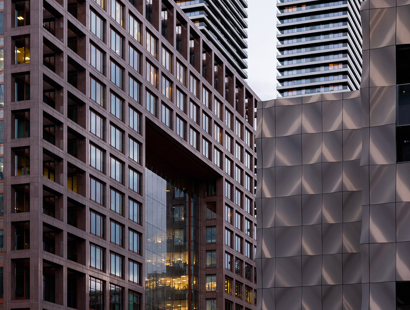
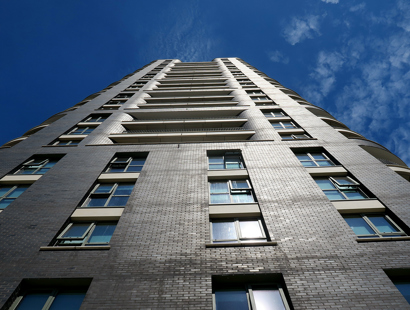
11.08.2023
Russell-Cooke obtained a Remediation Order under the Building Safety Act 2022 for cladding and building safety defects

